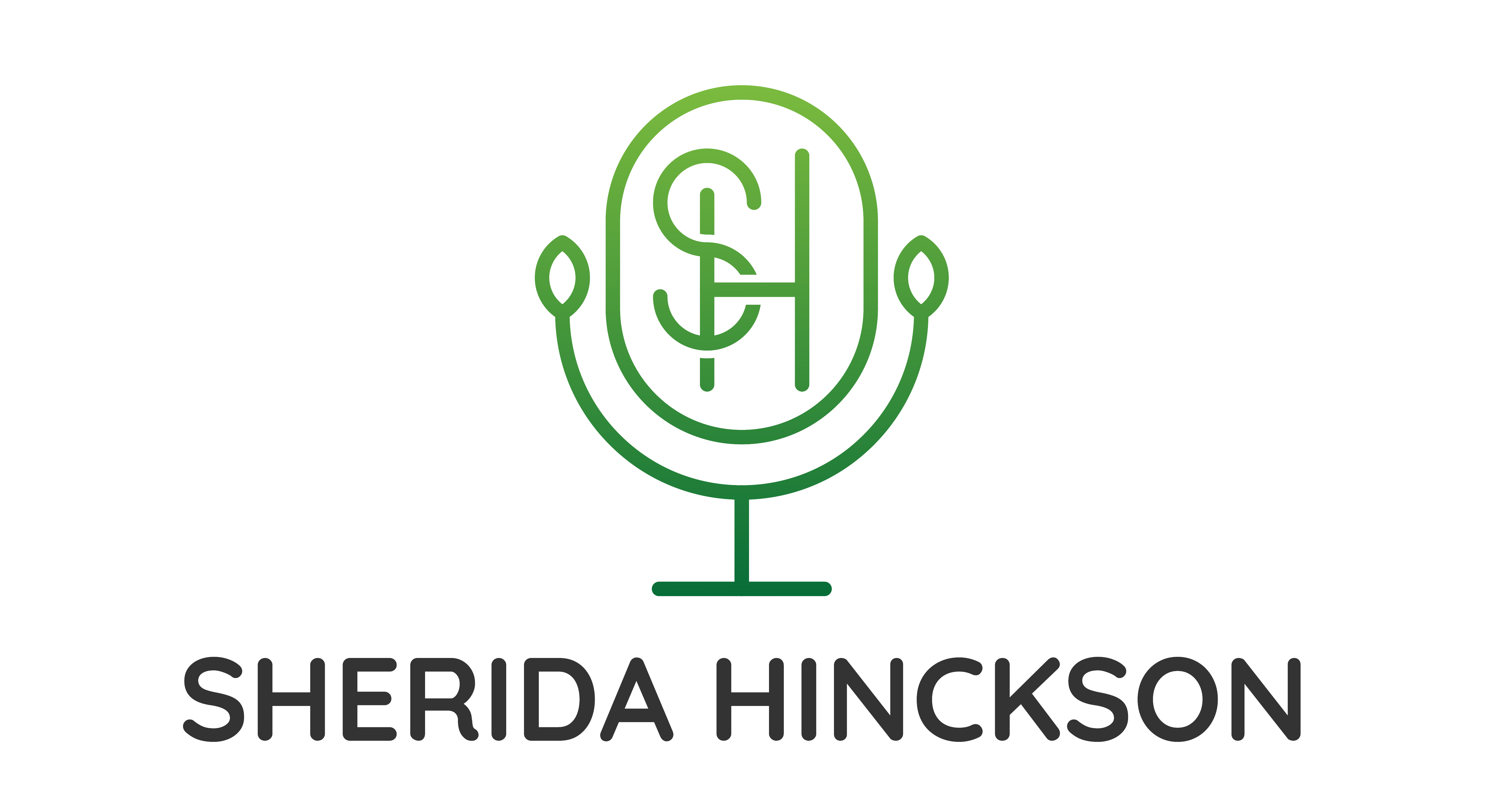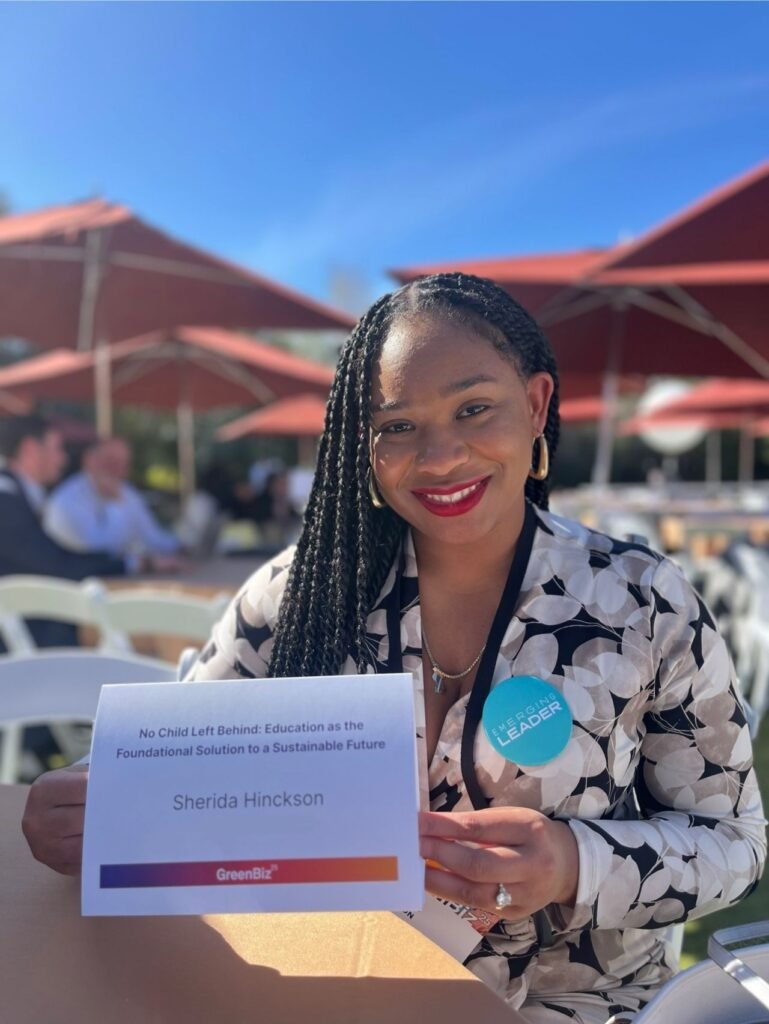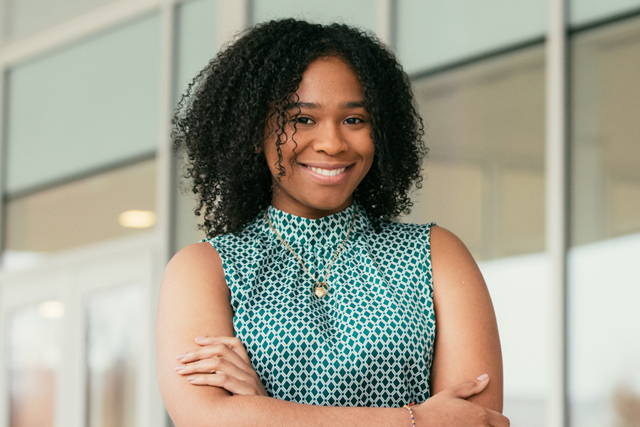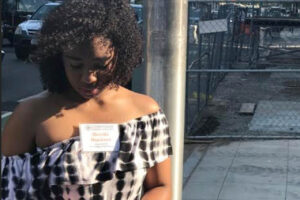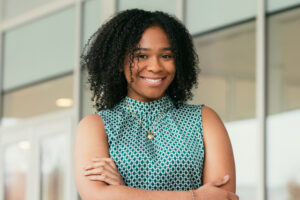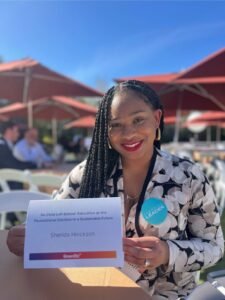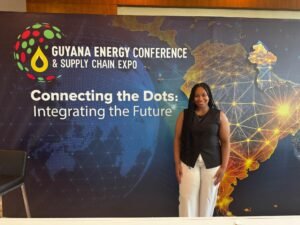The Importance of Foundational Learning
The proverb “You can’t run before you can walk”, and its many variations, is universally recognized, highlighting an indisputable truth about development across all aspects of life. It emphasizes the necessity of mastering foundational steps before progressing to more advanced stages.
Sustainability Education: A Missing Foundation
This concept applies to academic development, including sustainability education. The limited formal education that some students in the United States receive on this science directly impacts our ability to build a sustainable future and increase the average Green Quotient (“GQ”). Moreover, I believe that the absence of sustainability science from K-12 education and the general public’s knowledge base is as detrimental as the removal of phonics from reading curricula — and we’ve seen the consequences of that firsthand.
A Parallel to Phonics Education
Phonics, a language learning method that prioritizes recognizing individual letters and their corresponding sounds (whether alone, in combination, or separated), helps children “decode” words and meanings. In contrast, whole-language instruction and other methods often rely on memorization or context clues. When students of either system were tested, students who had a foundational understanding of language, based on phonics scored higher in post-tests measuring language fluency and spelling accuracy.
That said, the integration of fundamental sustainability education into American curricula is critical, and would likely foster a strong academic and socioeconomic understanding of sustainability, while also creating a “green-literate”, informed populace capable of contributing to a sustainable future.
The Knowledge Gap in Sustainability
Consider this: How can individuals or societies practice sustainability without first understanding it?
A significant challenge arises when only a fraction of the population possesses the knowledge necessary to understand and facilitate a sustainable transition.
In 2023, the Pew Research Center reported that 69% of Americans support the U.S. taking steps to become carbon neutral by 2050. However, Forbes reported that only 22% of Americans have a good understanding of Environmental, Social, and Governance (ESG) principles, which are integral to sustainability efforts.
This disparity suggests that while many Americans support sustainability initiatives, a large portion may not fully understand the science and policies behind them.
Sustainability’s Impact on Everyday Life
This is concerning because every aspect of our lives is intertwined with sustainability, often in ways we don’t immediately recognize. From the materials used in our clothing and bedding to our dietary choices and their packaging, transportation, and even how our cities are designed, sustainability affects us all.
Yet, many Americans have never studied this science in an academic setting.
The Urgent Need for Sustainability Education
The Smithsonian Science Education Center and Gallup revealed that only 17% of U.S. teachers feel adequately supported to teach topics on sustainable development and that “just 31 percent of U.S. teachers say they talk about responsible consumption of resources in class”. Meanwhile, educators in countries like Brazil, Canada, France, and India are, on average, three times more likely to report having sufficient support, with 60% affirming adequate resources.
This gap underscores the urgent need for structured education on sustainability science, the energy transition, and our roles in shaping a sustainable future
How Green Is Your Knowledge?
Here are some fundamental sustainability questions everyone should be able to answer:
- What is the environmental impact of commonly used materials in household products?
- How does individual energy consumption contribute to carbon emissions?
- What are the benefits of sustainable agriculture practices?
- How does water usage in daily activities affect local and global water resources?
- What is the significance of biodiversity, and how do human activities impact it?
- How do waste management practices influence environmental health?
- What role does public transportation play in reducing carbon footprints?
- How do renewable energy sources compare to fossil fuels in terms of environmental impact?
- What are the environmental consequences of fast fashion and consumerism?
- How do policies and legislation influence environmental conservation efforts?
If you struggle to answer most of these questions, you are not alone — and that is precisely why sustainability education needs to be prioritized.
The Role of Green Quotient (GQ) in Sustainable Development
To state it boldly, a person’s introduction to and understanding of the environment around them, followed by formal academic reinforcement of sustainability science, directly impacts their “Green Quotient” (“GQ”) or green fluency.
While knowledge can be pursued at any age, the reality is that a sustainable future requires full participation and understanding across all generations, classes, and regions. Sustainability education isn’t just about individual knowledge, it’s about systemic, intergenerational, and international collaboration to put this knowledge into practice.
Why We Must Start Early
If we want a sustainable future, we must start by teaching sustainability as a core subject just like math or reading.
Sources:
https://www.edweek.org/teaching-learning/u-s-teachers-lag-behind-global-peers-in-teaching-about-sustainability-heres-why/2023/09?utm_source=chatgpt.com
https://www.forbes.com/sites/jamiehailstone/2023/10/17/most-americans-still-unclear-about-what-esg-means-survey-finds/
https://files.eric.ed.gov/fulltext/ED545621.pdf
https://www.k12dive.com/news/smithsonian-poll-us-teachers-sustainability-curriculum/692983/
